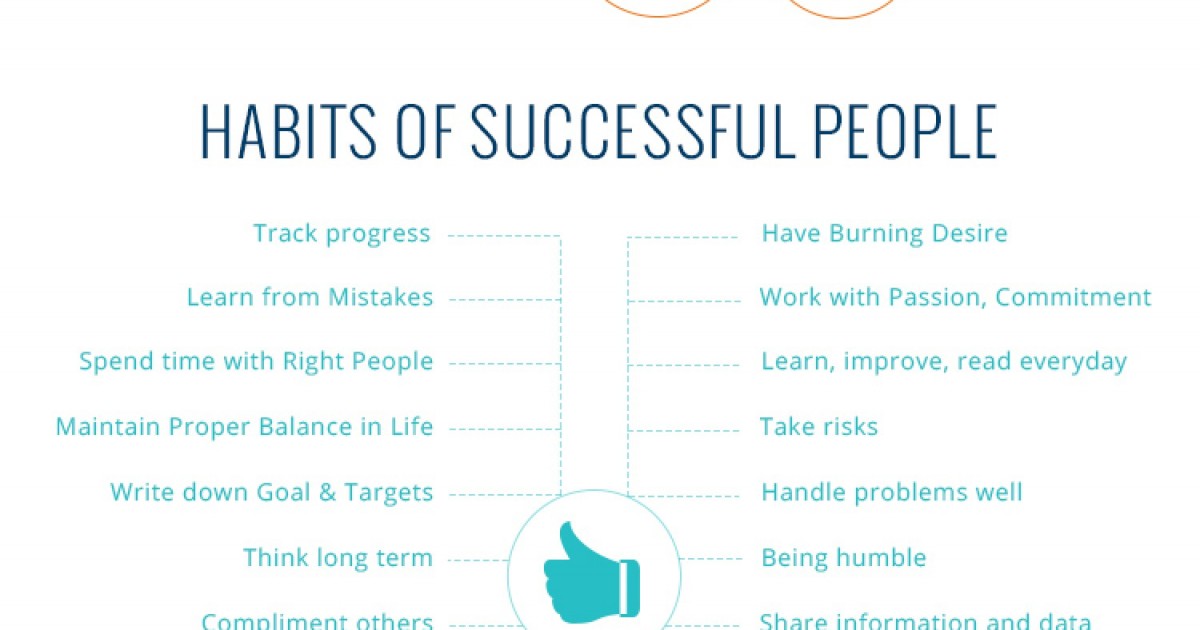
Mid-career people often experience what's known as a "mid career crisis". It is possible that you no longer have an interest in your chosen field. You may have entered a field due to family pressure or young age and are not interested in it anymore. In order to pursue a new career, you may need to go back to school. You're not alone, regardless of the reason. There are several reasons your mid-career crisis could be and what you can try to fix it.
Uncertainty regarding your career path
Sometimes it feels like you're falling on a boulder when your career begins to struggle. You may have experienced a difficult career transition or are unhappy in your current job. There are many reasons that a mid-career crisis could occur, such as leadership changes, peer pressure or personal problems. It is important to not ignore these signs and instead act to make a difference.
Luckily, you're not alone. In fact, half of those who responded to the survey said that they were neutral about their job. It's important to distinguish between being passively unhappy about your job and actively unhappy. If you don't feel like going to work every day, it could be a mid-career crisis. Here are the steps to overcome it.

Burnout
You're not the only person experiencing a mid career crisis. Most people experience a phase of dissatisfaction, especially in the middle of their career. Although advancement can bring many benefits, it can also cause feelings of dissatisfaction, unhappiness, and ungratefulness. The good news? This phase is temporary and easily overcome.
Even if they have tenure, mid-career faculty members can be vulnerable to burnout. This type of crisis often results from an excessive workload, a lack of motivation, or a sense of boredom in one's work. Many people suffer from this condition after having already received tenure but have since been overwhelmed with a plethora of new opportunities. Susan Nakley is another example. She was concerned about institutional demands and felt overwhelmed in her new job.
Unhappiness at work
It's not unusual for workers to experience a mid-career crisis if they feel bored or uninspired at work. Anyone can experience this phenomenon, even those just starting a new job. It is important to realize that a job that doesn't fulfill your needs can have a negative impact on your happiness and health. These are some suggestions to help you overcome the mid-career crisis.
First, don’t let your dissatisfaction drive you to a career change you don’t like. Instead, use your feelings to help you move forward with your career goals. Mid-career problems are temporary. They result from a gradual decline, or lack thereof, in life satisfaction. These feelings peak in the mid-to late twenties. They then increase in frequency in the 50s.

There are many opportunities for professional development
Midcareer workers are the busiest phase of their work lives and often require flexibility to take on new tasks or learn new skills. The opportunity to create new opportunities and keep valuable resources in your organization can arise from a mid career crisis. Mid-career crisis is the perfect time to provide opportunities for professional growth, so your employees can push through the crisis and contribute to the success of the company.
Many people feel unproductive at work and not appreciated during a crisis in their mid-career. People may choose to leave secure, stable jobs or make sudden career changes. This is the time to assess your career and make any needed changes. It's an opportunity to assess your career path, and make a decision about whether it is the right fit for you.